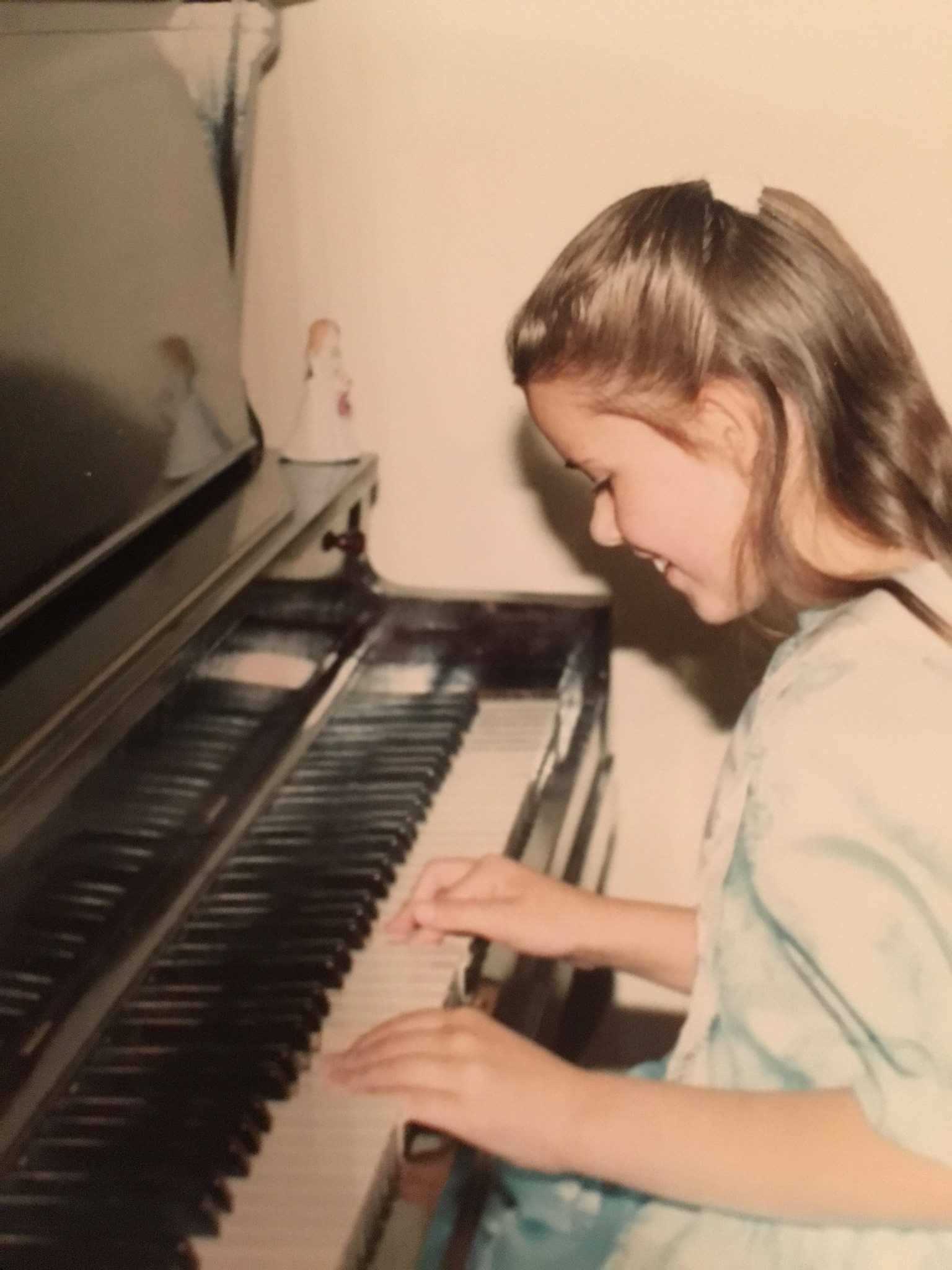When Roadblocks Appear in Musical Education
The first lesson back in September is often a stressful one for parents. "We didn't do much practicing this summer..." they will often sheepishly say. The first few lessons in September are usually even better than the final ones in June.

Roadblocks in Music Education Start to Appear
And then something shifts. The material continues to get harder, and the kind of "coasting" kids were able to do at the beginning of the term is no longer yielding results. There comes a time in one's musical education when a road block appears.
Practicing doesn't feel as good as it used to, and challenges that present themselves may seem insurmountable.
Rather than learning new songs all the time, you seem "stuck" on a specific song, and there are challenges in the piece that you haven't yet mastered.
The middle of a term is prime time for these barriers to appear.
Here are some tips on how to work with your student and teacher in overcoming this "hump"!
1. Sit in on the last few minutes of a lesson to hear, in the teacher's words, what the goals for next week are.
-Most teachers will write down what they would like the student to focus on for the following week, but it is always useful to hear and see the issues so you can help correct them at home.
-This is especially important if you consider yourself an "unmusical" parent! You can even use your smartphone to record audio notes, and have the teacher play it so you can understand what the mistakes and improvement will sound like.
2. Increase practice time by five minutes a day
-Review your teacher's most recent practice recommendations, and increase the daily time by five minutes.
-After a week, if that does not yield the desired results, increase by another five minutes.
3. Teach your child about quality practice vs. quantity practice
-Adding an extra five minutes a day will do nothing if your child is simply playing their songs beginning to end and repeating the same mistakes. In lesson, teachers will often isolate the troublesome bars and have the student repeat that one bar many times. Sit with your child when they practice and encourage them to do the same kind of focussed, repetitive work.
-It is a simple concept, but one worth noting: the most difficult parts of a piece need to be practiced the most!
4. Have your child practice immediately following a lesson
-I remember, as student, feeling as though the day of my lesson and the few days that followed were "freebies", and I didn't need to practice because it was too far away from my next lesson. In reality, the time immediately following the lesson is the MOST important time for practice! The student will have the teacher instructions fresh in their mind, and they will more likely be able to replicate successes they made during their lesson.
In extreme situations, during these difficult periods, your child may express the desire to give up on their musical education all together. It is of the utmost importance that this is not given as an option during a rough patch.
Music lessons, just as all curricular and extra-curricular forms of education, get progressively harder, and it is always an uncomfortable feeling to sit in slow progress. However, walking away from the problem does not solve the uncomfortable feeling: how many adults regret giving up on something when it got "too hard"? (Myself, I regret giving up on athletics!) The unsuccessful feeling of walking away from a problem cannot compare to the feeling of perseverance and accomplishment!
Use the tips above to help your child work their way through this difficult time, and celebrate with them when they inevitably succeed!
by Shari Porter (shared with permission) - Lock & Keynote Productions, former teacher at DeGazon Music
